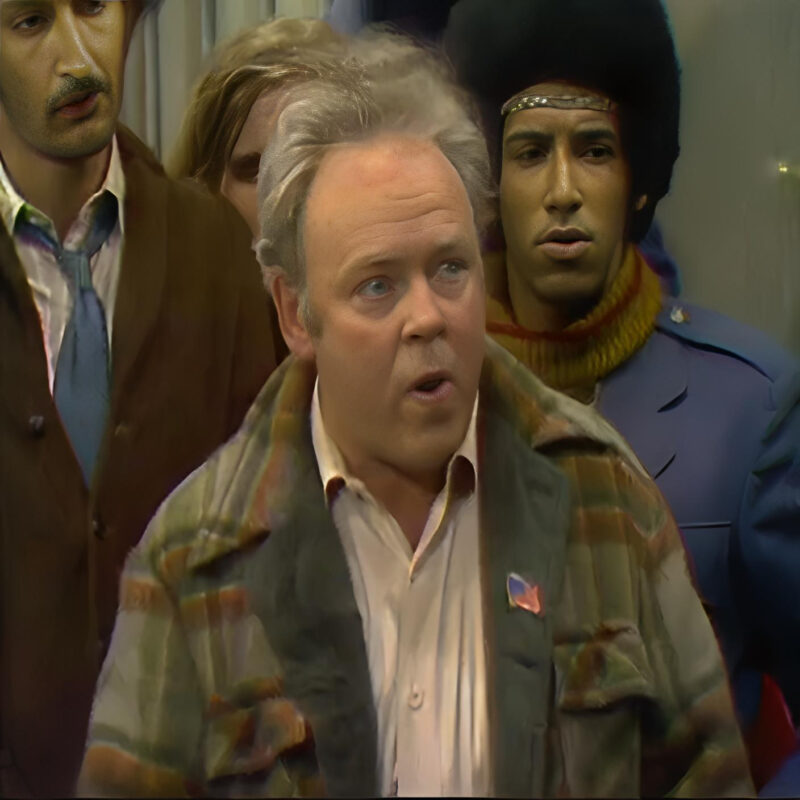
The American sitcom landscape boasts numerous entries, but few rival the enduring impact and controversy of Norman Lear’s “All in the Family”. Adapted from the British sitcom “Til Death Do Us Part”, Lear’s creation became a cultural juggernaut, spawning a sitcom universe that reshaped television. Centered around the outspoken Archie Bunker (Carroll O’Connor), the show fearlessly tackled social, political, and personal issues, punctuating each episode with humor and poignant family dynamics.
However, behind the scenes, the show faced formidable challenges. Despite its eventual success, CBS initially harbored fears of backlash due to its bold approach. The network aired the pilot with a disclaimer, acknowledging the show’s intent to humorously spotlight societal frailties and prejudices. Norman Lear, undeterred by CBS’s concerns, defied network directives on controversial topics, leading to critical acclaim and robust ratings instead of anticipated controversy.
Yet, the series’ success took its toll on its star, Carroll O’Connor. In July 1974, amidst mounting dissatisfaction with working conditions, O’Connor embarked on a personal strike, expressing doubts about his return to the show. He cited issues with the production company, Tandem Productions, filing a lawsuit for unpaid earnings and requesting extended vacation time within the show’s rigorous schedule.
In response to O’Connor’s strike, Norman Lear and producers proceeded with production, crafting three episodes without Archie Bunker. The storyline, aptly titled “Where’s Archie?”, saw the Bunker family grappling with Archie’s mysterious disappearance, reflecting real-life uncertainties about O’Connor’s return. Lear even contemplated killing off Archie, devising a contingency plan with actor James Cromwell poised to fill the void.
Ultimately, Carroll O’Connor reconciled with the production team, returning to portray Archie Bunker until the series’ conclusion. His iconic role defined the show’s success, although tensions behind the scenes nearly altered the character’s fate. Despite the turmoil, “All in the Family” remains a seminal achievement, forever reshaping the landscape of American television.
As television history shows, the saga of “All in the Family” extends beyond the screen, embodying both its groundbreaking spirit and the complex dynamics that shaped its legacy.
